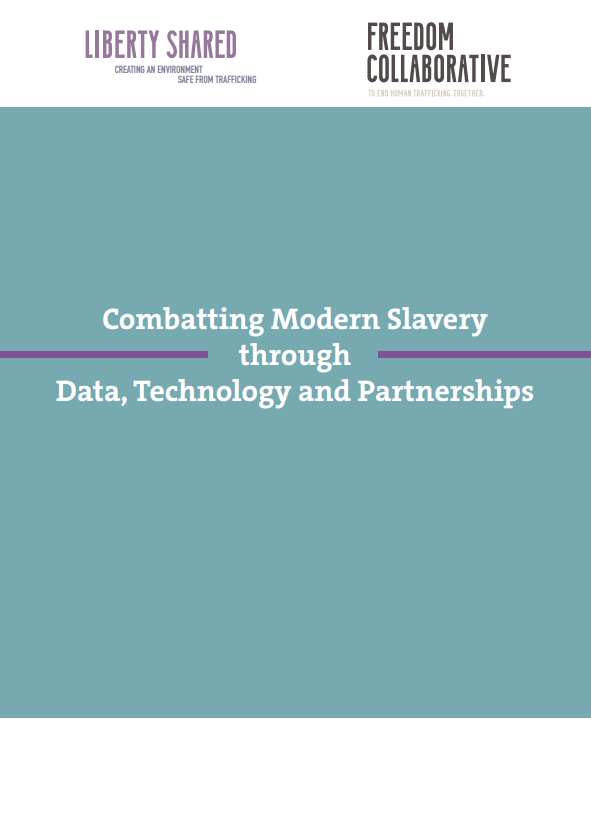State and the Law
PublicationsEdited by Prabha Kotiswaran and Sam Okyere. This is the third volume of the series Beyond Trafficking and Slavery Short Course. The articles in this volume outline and critically interrogate the role of the state, national legislation and in...Read More

